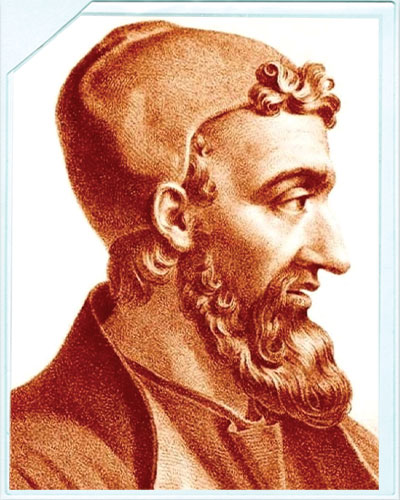GALENOS 129 – 200

He was the most important physician of ancient Rome, a philosopher of anatomy and physiology. In particular, he contributed greatly to the development of the science of anatomy. He was born in Bergama. He took mathematics, astronomy, philosophy and literature lessons from his father until the age of 14, who was an architect. He received his first medical education in Pergamon and continued his education in Alexandria. During his education, he met Aristotle School and philosophers on the island of Lesvos. He returned to his native city and worked as a physician. He settled in Rome in the early 160s. He was a surgeon to the gladiators and he became a physician of the Roman palace. He was interested in anatomy, physiology, pharmacology as well as philosophy. Galenos, who had mastered the medical science of the time, rearranged this branch according to the original principles. In particular, he recognized the importance of the research methodology and argued that analysis was the basis for the examination and treatment of diseases. Galenos, despite his strict adherence to the science and ethics of Hippocrates, did not deny the importance of experience, and tried to overcome the traditional interpretation of his medicine by expressing his intense recourse to the experiential method of Hippocrates. According to Galenos, medicine is a theory based on continuous observation and experience. Their knowledge of medicine arose not only from traditional theory, but also from new experiences. Medical science does not progress inexperienced. It is estimated that there are 400 works, but about 100 have survived. His Latin collection Claudii Galeni was published in twenty volumes under the title Opera Omnia, and was published in a work called Greek Medicine, an English anthology of quotations made from Galenos' works. A detailed bibliography of his medical works is also available in Fuat Sezgin's book (GAS, III, 68-140).